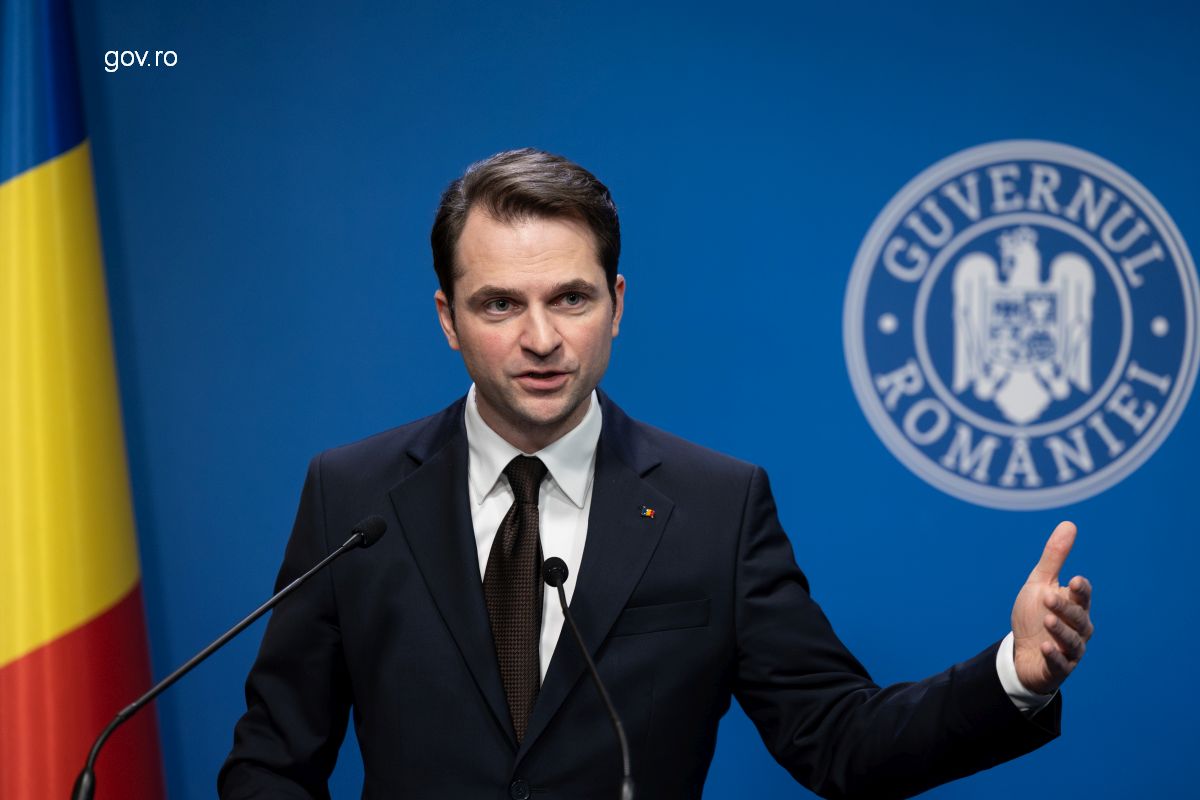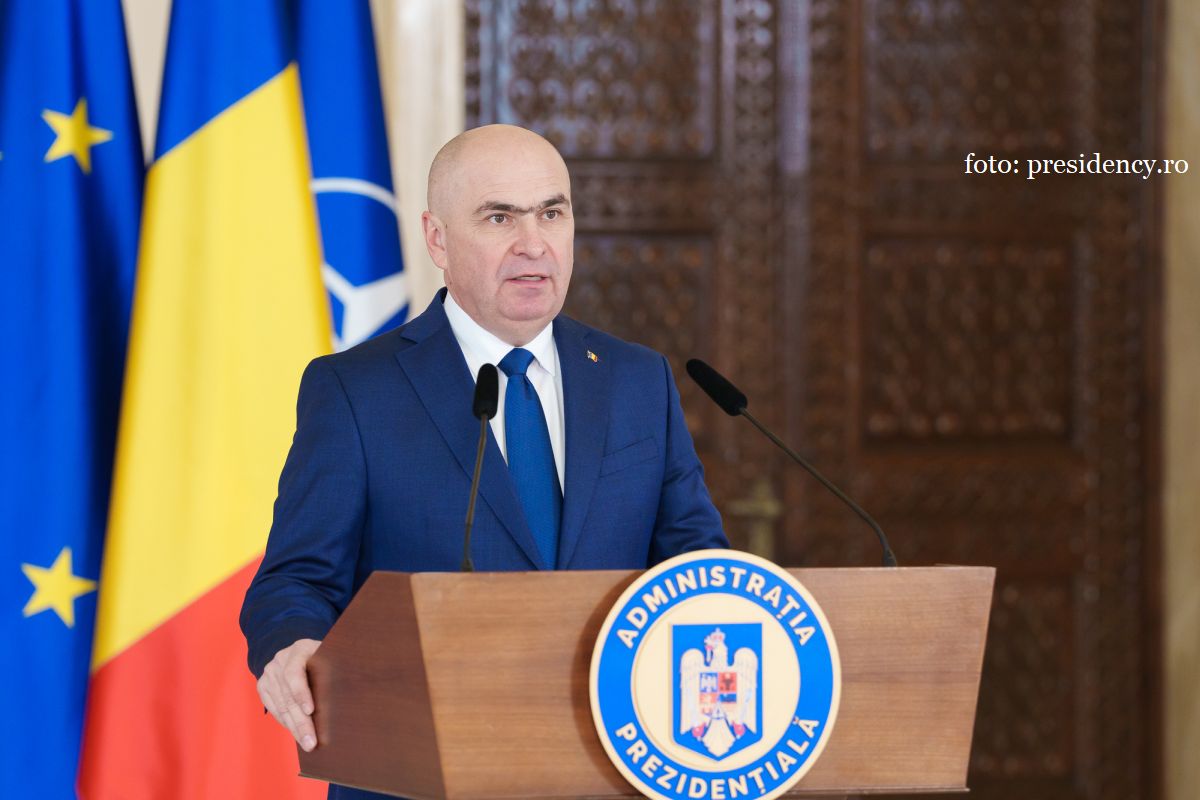Inflation rate showing signs of waning
Experts say the inflation rate could slow down over the coming months, although its rampant growth might resume next year.

Bogdan Matei, 06.10.2023, 13:50
The annual inflation rate will continue to drop in Romania by the end of 2023, although its evolution will be impacted by the fiscal measures the government plans to introduce to compensate budget losses, Central Bank officials say. On Thursday, the Bank decided to maintain the monetary policy reference interest rate at 7% per year, the same as in January. According to experts, the decision had been anticipated by most financial operators, as the inflation rate seems to slow down its growth much later than anticipated.
On the other hand, economic growth also slowed down significantly in recent months. According to the latest estimates, the annual inflation rate will however continue to grow by the end of 2023. The reasons behind this trend have to do with the drop in stock market prices for certain products, the bumper crop this year and the temporary cap on the added-value tax on basic foodstuffs. The Central Bank however warns that 2024 will bring uncertainty and major risks with respect to the evolution of the inflation rate, all related to the package of fiscal measures the government wants to implement in order to consolidate the public budget. Other determining factors include future policies impacting taxation and revenues, which could translate into short-term effects.
Economic analyst Adrian Codirlaşu has told Radio Romania that deflation will continue, although at a slower pace than originally expected. In the first quarter of 2024 we might witness a resurge of inflation, followed again by a downward trend, the Romanian expert believes. Adrian Codirlaşu expects the governments fiscal measures to produce market-wide shocks, as excise duties will go up, in addition to the VAT for certain consumer products. Oil prices have also gone up, triggering an increase in fuel prices.
The introduction of new taxes on profits will likely determine price hikes across the board. Finally, Adrian Codirlaşu argues, the national minimum wage will go up, which will generate additional costs for companies and price hikes. Central Bank experts say the war in neighboring Ukraine, the subpar economic growth in Europe and Romanias low level of absorption of EU funds generate additional uncertainty and risks and impact the evolution of the inflation rate in the medium-term. We recall that the head of the IMF mission to Romania, Jan Kees Martjin, said at the end of his visit to Bucharest that Russias war in Ukraine, the shrinking of economic activities in Europe and the whole world would inevitably lead to a slowdown of economic growth in Romania as well. (VP)






























